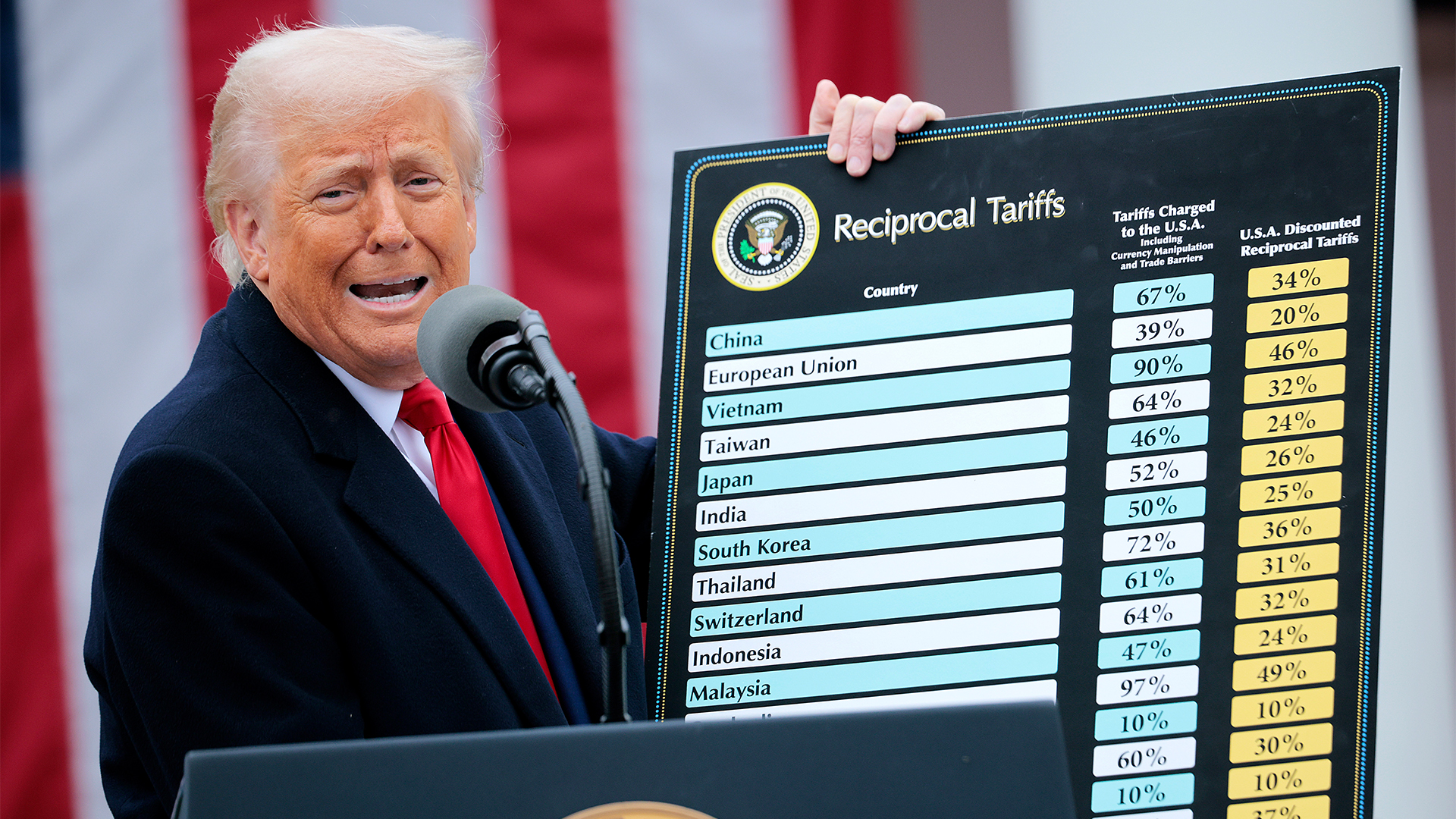Senate seeks $52 billion to boost US chip production
Federal money would help build and modernize semiconductor plants in the US

Senate Majority Leader Chuck Schumer announced the US Senate has proposed spending $52 billion to boost domestic chip production over the next five years.
The federal money is part of bipartisan legislation unveiled late Tuesday that proposes spending $120 billion overall on tech manufacturing and research to compete with China more effectively.
“This legislation will allow the United States to out-compete countries like China in critical technologies like semiconductors, create good-paying American jobs, and help improve our country’s economic and national security,” Schumer said in a statement.
According to Reuters and Bloomberg, the Senate legislation would launch a federal initiative to financially support building, expanding and modernizing semiconductor fabrication plants in the US.
This financial support would include spending $39 billion on production and R&D incentives, $10.5 billion on programs such as the National Semiconductor Technology Center, and $1.5 billion on accelerating the development of a US-based open-architecture network-sharing model (OpenRAN) as an alternative to tech supplied by Chinese manufacturing giants Huawei and ZTE.
The legislation would also include significant federal incentives to enhance tech R&D at American universities and institutions over the next five years.
RELATED RESOURCE

Getting everyone on board with the corporate vision
Sample our exclusive Business Briefing content
The Senate will take up this legislation beginning this week. The House will consider similar legislation. Any bill that eventually makes its way to the White House would likely be some combination of the two.
Get the ITPro daily newsletter
Sign up today and you will receive a free copy of our Future Focus 2025 report - the leading guidance on AI, cybersecurity and other IT challenges as per 700+ senior executives
Meanwhile, President Joe Biden has already asked Congress for $50 billion to fund the Creating Helpful Incentives to Produce Semiconductors (CHIPS) for America Act, which would use federal money to build more chip manufacturing capacity in the US.
The Semiconductor Industry Association (SIA) warns that the US share of global semiconductor manufacturing capacity has decreased from 37% to 12% since 1990. This is primarily due to government subsidies in other regions and stagnation in federal investment.
This comes during a global semiconductor shortage that experts anticipate will last at least through 2021, if not longer. The COVID pandemic contributed to the chip shortage, which has escalated recently and left automakers and tech manufacturers scrambling for supplies.
The Biden administration pledged to address the chip shortage and is working with businesses to fix bottlenecks in semiconductor supply. That development came after semiconductor industry leaders in the US wrote to the president, asking him to fund chip manufacturing and research in the administration’s economic recovery and infrastructure plan.
-
 Cleo attack victim list grows as Hertz confirms customer data stolen
Cleo attack victim list grows as Hertz confirms customer data stolenNews Hertz has confirmed it suffered a data breach as a result of the Cleo zero-day vulnerability in late 2024, with the car rental giant warning that customer data was stolen.
By Ross Kelly
-
 Lateral moves in tech: Why leaders should support employee mobility
Lateral moves in tech: Why leaders should support employee mobilityIn-depth Encouraging staff to switch roles can have long-term benefits for skills in the tech sector
By Keri Allan
-
 IDC warns US tariffs will impact tech sector spending
IDC warns US tariffs will impact tech sector spendingNews IDC has warned that the US government's sweeping tariffs could cut global IT spending in half over the next six months.
By Bobby Hellard
-
 US government urged to overhaul outdated technology
US government urged to overhaul outdated technologyNews A review from the US Government Accountability Office (GAO) has found legacy technology and outdated IT systems are negatively impacting efficiency.
By George Fitzmaurice
-
 US proposes new ‘know-your-customer’ restrictions on cloud providers
US proposes new ‘know-your-customer’ restrictions on cloud providersNews The US aims to stifle Chinese AI competition with new restrictions on cloud providers to verify foreign data center users
By Solomon Klappholz
-
 SEC passes rules compelling US public companies to report data breaches within four days
SEC passes rules compelling US public companies to report data breaches within four daysNews Foreign entities trading publicly in the US will also be held to comparative standards
By Rory Bathgate
-
 US says National Cybersecurity Strategy will focus on market resilience and private partnerships
US says National Cybersecurity Strategy will focus on market resilience and private partnershipsNews The recently announced implementation plans alow for more aggressive action against ransomware gangs
By Rory Bathgate
-
 US ‘Tech Hubs’ drive aims to boost innovation in American heartlands
US ‘Tech Hubs’ drive aims to boost innovation in American heartlandsNews The development of the hubs will could help drive regional innovation and support for tech companies
By Ross Kelly
-
 Biden sets June deadline for $42 billion broadband funding outline
Biden sets June deadline for $42 billion broadband funding outlineNews The announced deadline come prior to a much-awaited update to the FCC's US broadband map, giving a clearer image of the internet challenges facing the nation
By Rory Bathgate
-
 FCC eyes formal ban of all Huawei, ZTE equipment sales
FCC eyes formal ban of all Huawei, ZTE equipment salesNews Approaching the deadline to pass such a ruling, companies such as Kaspersky face similar restrictions
By Rory Bathgate